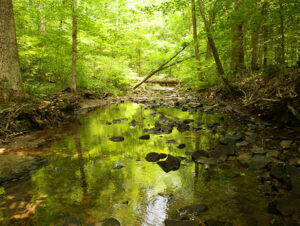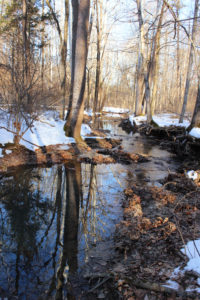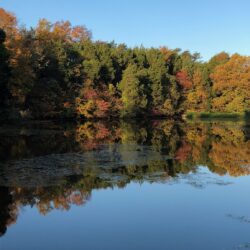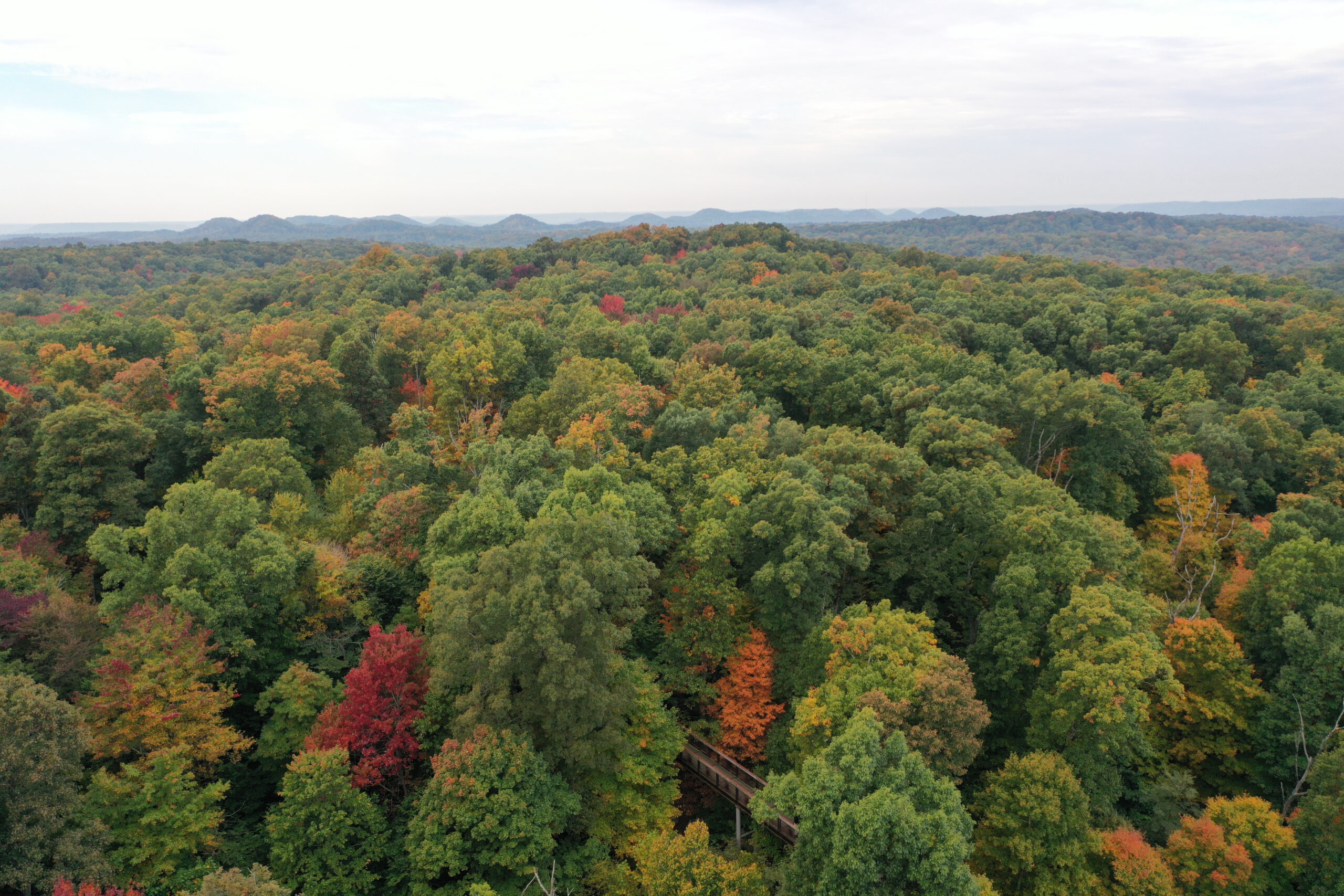 The next time you turn on the tap, consider how fortunate you are to have an abundant and clean water supply at your disposal – and think of how many people struggle for access to that critical resource.
The next time you turn on the tap, consider how fortunate you are to have an abundant and clean water supply at your disposal – and think of how many people struggle for access to that critical resource.
Water is as significant a social justice issue as it is an environmental one. UNICEF estimates that four billion people experience severe water scarcity for at least one month each year. More than two billion people live in countries where water supply is inadequate, and half of the world’s population could be living in areas facing water scarcity by as early as 2025. Further, some 700 million people could be displaced by intense water scarcity by 2030.
Water vulnerability can mean not having water, or having too much. Water equity, according to the Water Alliance, means all communities:
Have access to safe, clean, affordable drinking water and wastewater services;
Share in the economic, social, and environmental benefits of water systems; and
Are resilient in the face of floods, drought, and other climate risks.
Water inequity is on the rise across the globe, largely due to the impacts of climate change, and it is certainly not limited to the developing world. Lviv, Ukraine – a beautiful European city that many people are recently familiar with for tragic reasons – only had running water for six hours a day well into the 2010s. Even before the Russian invasion, significant parts of the country had scarce or unsafe tap water.
 Even in the United States — the second richest country in the world — inequities exist in water access, and like elsewhere in the world, those lead to more inequities. A recent Water Alliance analysis found that people of color, low-income individuals living in rural areas, tribal communities, and immigrants are more likely to not have access to running water and basic indoor plumbing. Native Americans are 19 times more likely than any other group to have trouble accessing clean water.
Even in the United States — the second richest country in the world — inequities exist in water access, and like elsewhere in the world, those lead to more inequities. A recent Water Alliance analysis found that people of color, low-income individuals living in rural areas, tribal communities, and immigrants are more likely to not have access to running water and basic indoor plumbing. Native Americans are 19 times more likely than any other group to have trouble accessing clean water.
Think of communities like Flint, Michigan, where lead in drinking water became a terrible public health crisis and the significant learning disabilities caused by lead exposure became yet one more barrier to equity for the youth in those communities. Access to water recreation is divided along racial lines, a dangerous disparity resulting in Black children being about three times more likely to drown. Here in Kentucky, many communities lack access to drinkable water – tap water in Martin County, in Eastern Kentucky, has been shown to have high amounts of sulfur, acid runoff, and other indicators such as an orange rust color pose risk for consumption.* One of the impacts of this is that residents choose soft drinks over water, causing the ripple effect of high levels of obesity and diabetes.
The global challenges we face with water equity are daunting and will ultimately impact us all and it’s easy to feel helpless. But we can all do our part with everyday actions, like changing our habits to cut our household water waste, advocating to our elected officials to pass laws that protect water and promote water equity, educating our children on water-wise practices and supporting organizations like Bernheim that protect water.
 Large protected forest tracts like Bernheim are critical in keeping a clean and healthy water supply for our communities. As an organization, Bernheim’s efforts to connect and protect natural lands from pipelines and other development pressures and educate youth about water are among its many strategies to be an ally for water.
Large protected forest tracts like Bernheim are critical in keeping a clean and healthy water supply for our communities. As an organization, Bernheim’s efforts to connect and protect natural lands from pipelines and other development pressures and educate youth about water are among its many strategies to be an ally for water.
Knowledge is power: we can participate in citizen science efforts like the Earth Echo Water Challenge, which enables people around the world to test and document their water quality and we can be guided in our actions by what experts are advocating for the global scale. Circle of Blue has compiled the 19 best solutions to the global freshwater crisis from more than 1200 leading international experts in 80 countries, including education, desalinization, wastewater recycling, and equitable pricing. Finally, we can make a pledge to always treat our water for what it is – a precious, fragile resource upon which our very existence depends.
*https://storymaps.arcgis.com/stories/c95d0565c4da4015b249a2661ccf9177

